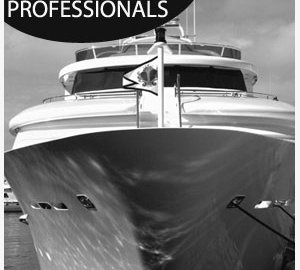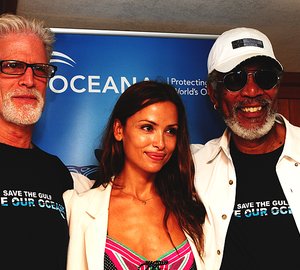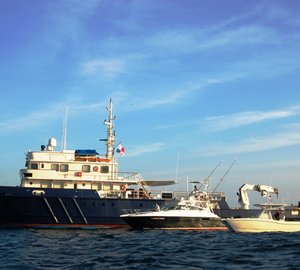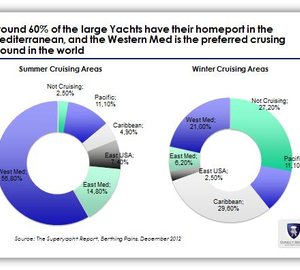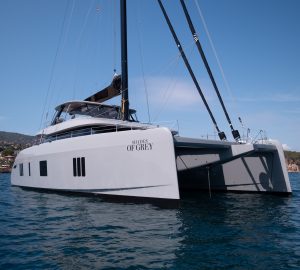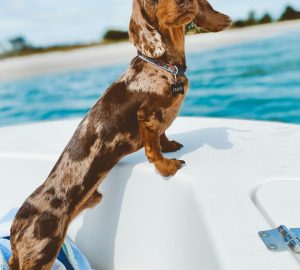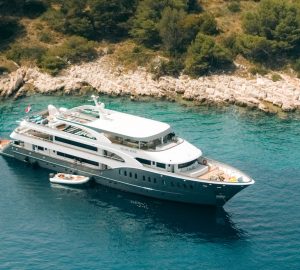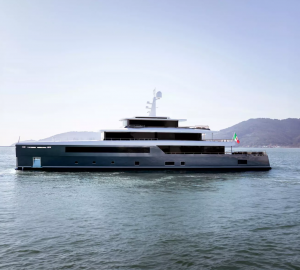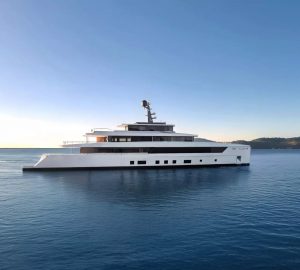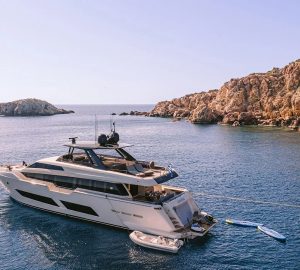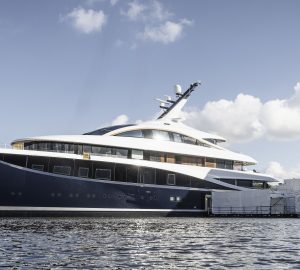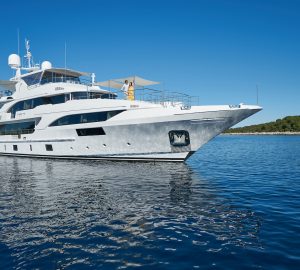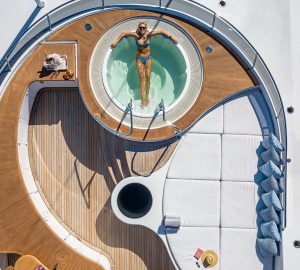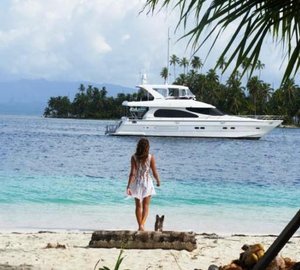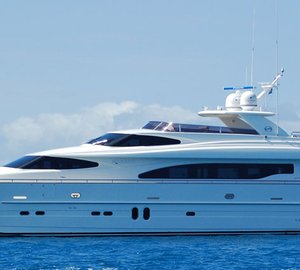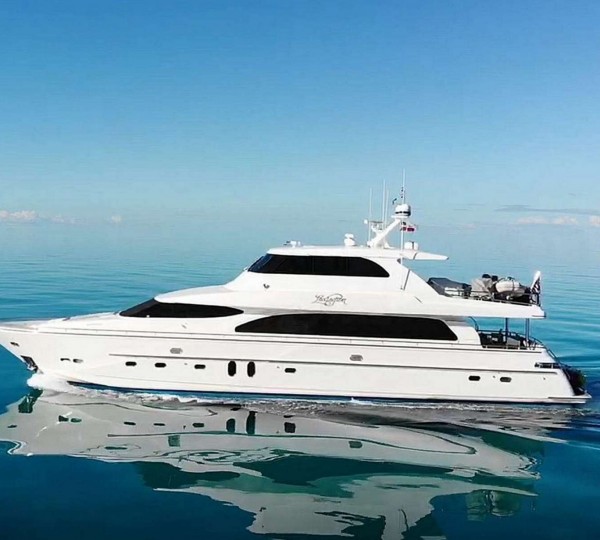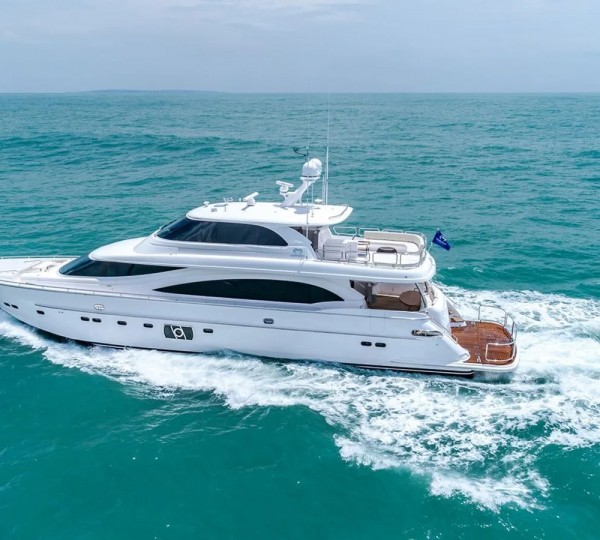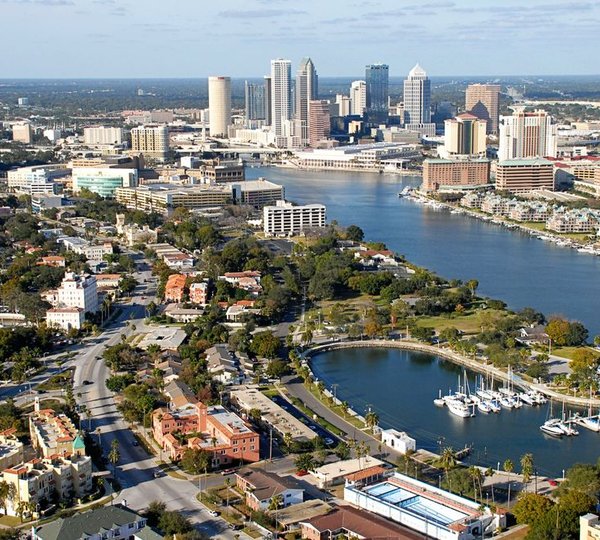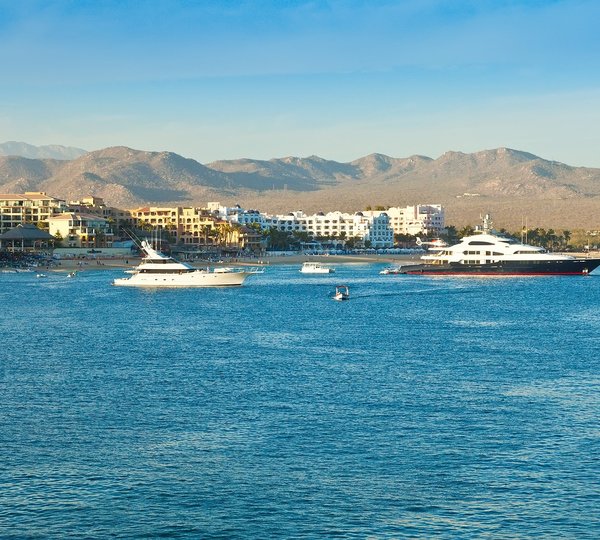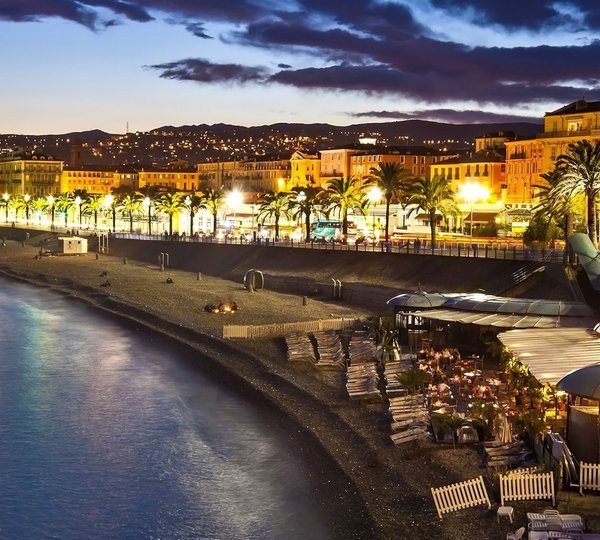– Article By IBI Magazine
Recreational marine businesses along the Florida Panhandle have all experienced lost business since the collapse of the BP Deepwater Horizon rig in April, as millions of gallons of crude oil have seeped into the Gulf of Mexico. But, nearly 60 days after the spill began, many are worried about their long-term survivability.
“It’s catastrophic,” John Taggart, owner of the Pensacola Beach Marina, told IBI. Taggart said he makes most of the year’ income in the three-month summer season when charter fishing boats come and go from his marina. He makes the bulk of the income from charter fees and gas sales. This month, he said, he fears that he will make no money.
“We operate a charter boat fishing service, but that’s been dead,” he says. “We did get BP to approve us as a fueling point, and that will offset some of my costs. But the impact of this could be devastating.”
Most of the local fisheries have been closed because of the oil spill, and Taggart worries that if the oil reaches the hatcheries, fishing could be closed down for a decade. “Probably 40 per cent of the businesses along this coast rely on fishing in one form or another,” he says. “The boating industry has already been hurt, but this could destroy a lot of businesses. The winter months are tough, and we’re not sure what will happen. I’m definitely worried about the long-term survivability of my business.”
The oil spill impact has extended far beyond charter fishing, however. John Rigdon, owner of the Boat Store in the Pensacola Shipyard, said his equipment and accessory supply business has virtually stalled. “Nobody’s working on their boats right now,” he says. “In fact, the only business we have is pulling boats out of the water. But sales of marine maintenance items are non-existent. We thought we were going to have a good year this year, but now I’m worried about the survival of the business. I don’t have a lot of faith it will get solved in the short term.”
Kenny Mann of Emerald Coast Marine, a new boat dealer for Key West boats, says the oil spill is “killing” his service business. “I just had six customers call last week canceling their work,” he told IBI. “My service department is the best on the Gulf coast, but it has plateaued. We should be putting money back into the business for the winter but we’re just maintaining it right now. It’s not good.”
Mann said that he has also seen no new boat sales since the oil spill happened. “At first, I don’t think people took it too seriously until the oil made shore in Venice, but when that happened they figured it was time to look into this,” he said.
Emerald Coast Yachts, a charter operation and sailing school based in Gulf Breeze, Florida, noticed a drop-off in business right after the oil spill. “We were booked through the end of June and having the best year we’ve had,” said Peggy Van Sleen. “But then the oil spill came and the phones stopped ringing. We’ve received no new business since then.”
Van Sleen said that the company continued to operate until last weekend. But then they decided to pull the boats out of the water. “We did it for a number of reasons,” says Van Sleen. “The business had gone down to a trickle, the sailboats have very few places to anchor anymore, the storm season is approaching and they boomed off the area where our marina is.”
Like other businesses, Van Sleen said she is worried about the future of the business. “We’ve gone through a couple of hurricanes so we’re used to rebuilding. But what we’re not used to is how long it might take to rebuild this time,” said Van Sleen. Unlike the hurricanes, Van Sleen and other charter businesses will have to wait for the Coast Guard to open up the local waters again and for payment from BP for lost business.
“This is becoming much more weighty than a hurricane ever was,” said Van Sleen. “We’re comfortable about rebuilding the business but we’re frightened about how quickly it can come back because of all these hands controlling the timeline.”
But other owners are taking a more measured response regarding the long-term impacts of the spill. “It’s a little bit early to know how bad it will be for us,” John Naybor told IBI. “We have three marinas and have only lost a handful of boats. We were making a nice comeback this year, but now we’re losing more boats than we’re getting. The business died in May and it continues to go other other way.”
Naybor, who owns Island Cove Marina, Palm Harbor Marina, and Yacht Marna in Pensacola, has seen a range of reactions from local boaters. “Some of them are panicking and want me to boom off the whole marina, while others seem oblivious,” he said. “The pass to the Gulf is still open, the ICW is open and we don’t have any oil in our harbor, so boats are continuing to operate. I think you tend to get a knee-jerk reaction in a crisis like this.”
But Naybor says that many marinas owners are in a “perilous position” in there is a mass exodus from the marinas. “It’s hard to know the long-term financial impact,” he said. “But I can tell you that most marinas have been living on the edge financially because of the economic downturn of the last few years. 2010 was the first season where we’d seen an amazing comeback in the Panhandle. Everything was getting back to normal, but then it just shut off after the spill.”
Naybor says that if BP “steps up” and pays him for lost business then he should be fine for the 2010 season. “But who knows how long they will pay us?” he asks. “Until we get those kinds of questions answered, everything is still up in the air.”

